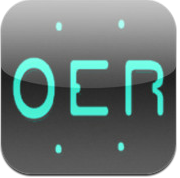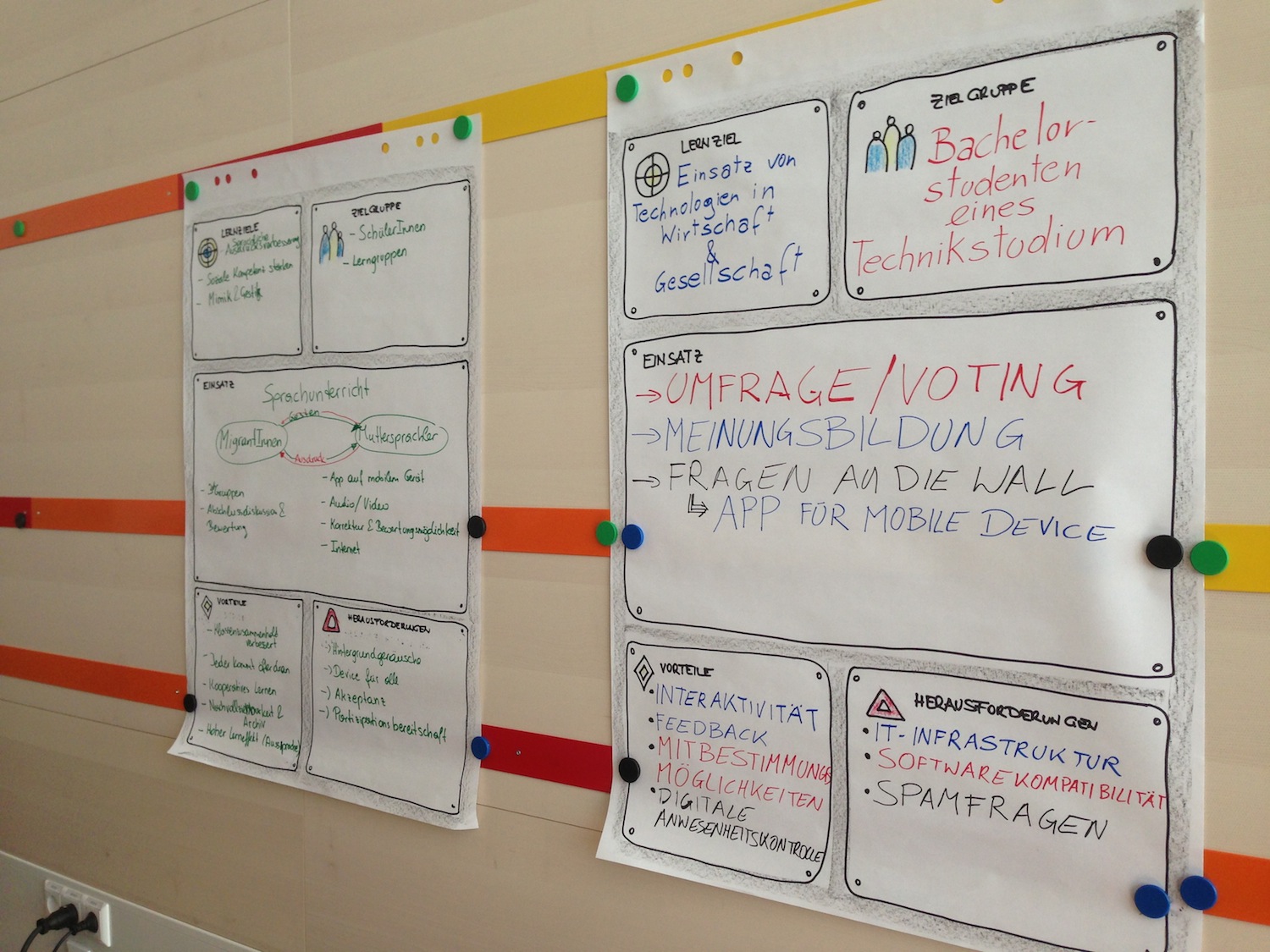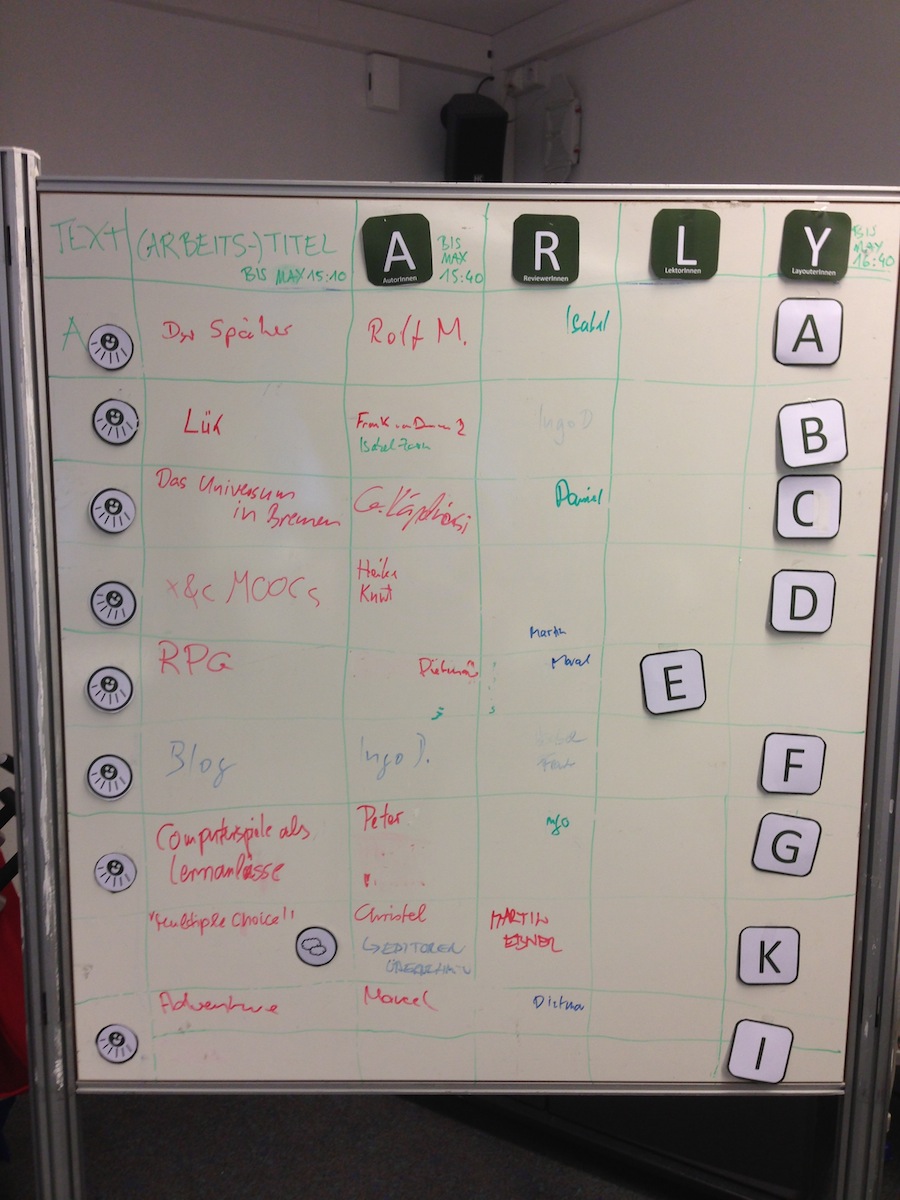
Do you ever wanted to explore the depths of license combining or even wanted to proof your knowledge in this craft? Then the OER remix game may be an interesting way to do so!
The Game is structured in two parts. The first and also main part of the game consists of a deck of cards, which is used to explore the challenge of open content license compability issues and, in this context, how you are able to combine open educational ressources. After you found a valid oer remix, you have to choose the end license in the second part of the game , under which your project has to be published.
- Start in relax mode to explore the game
- Study the game winning rules and train to be faster
- Choose a harder difficulty and proof your knowledge and swiftness
- Gain Achievements to be an oer remix game professional
If you discover any problems, suggestions for improvement or even new features for the game, please send us an email and we will help you as far as possibile!






